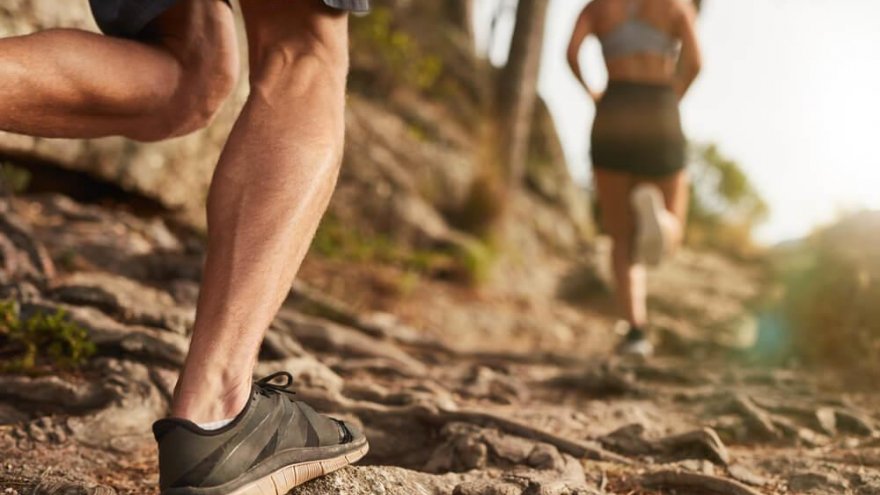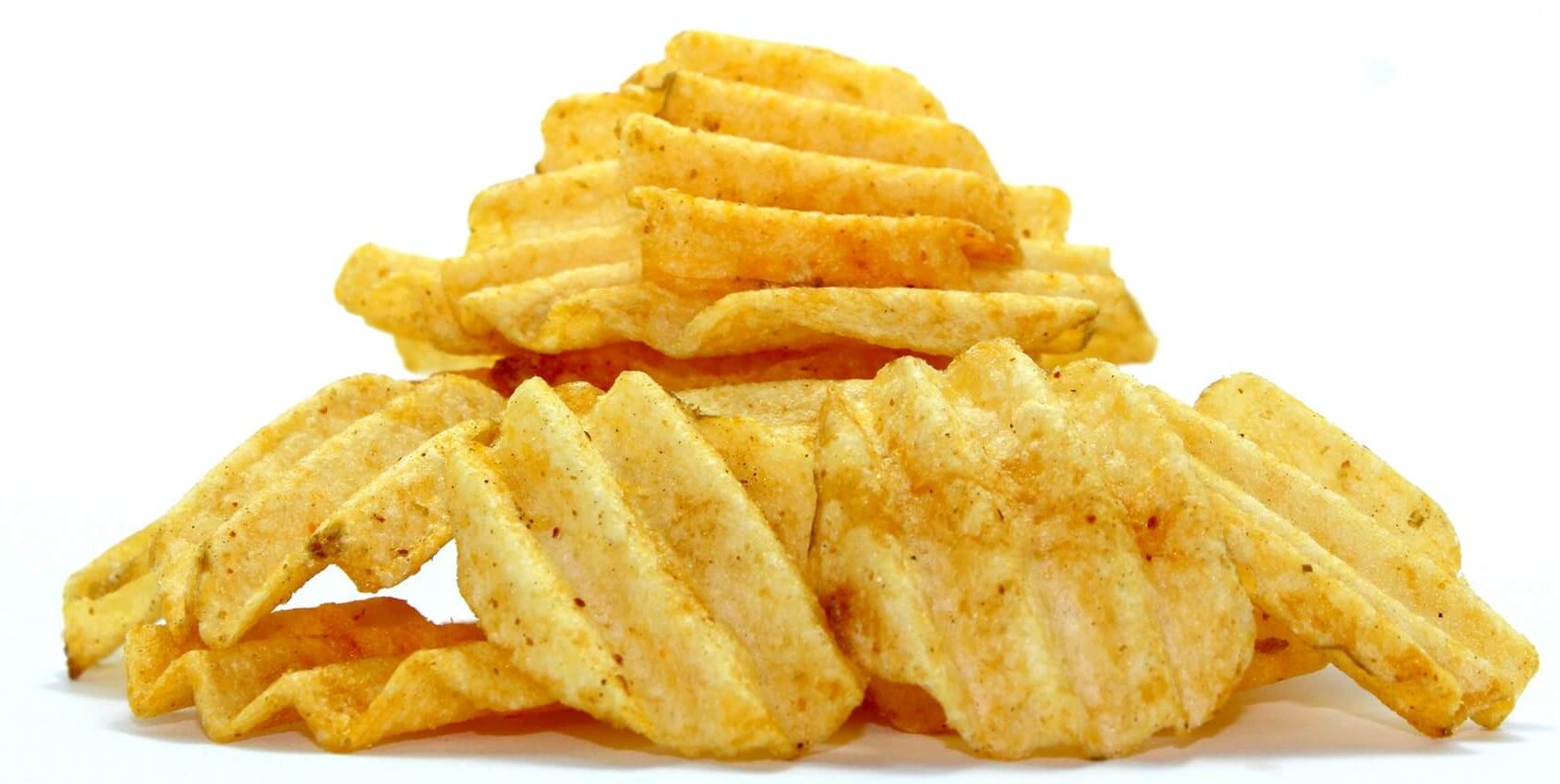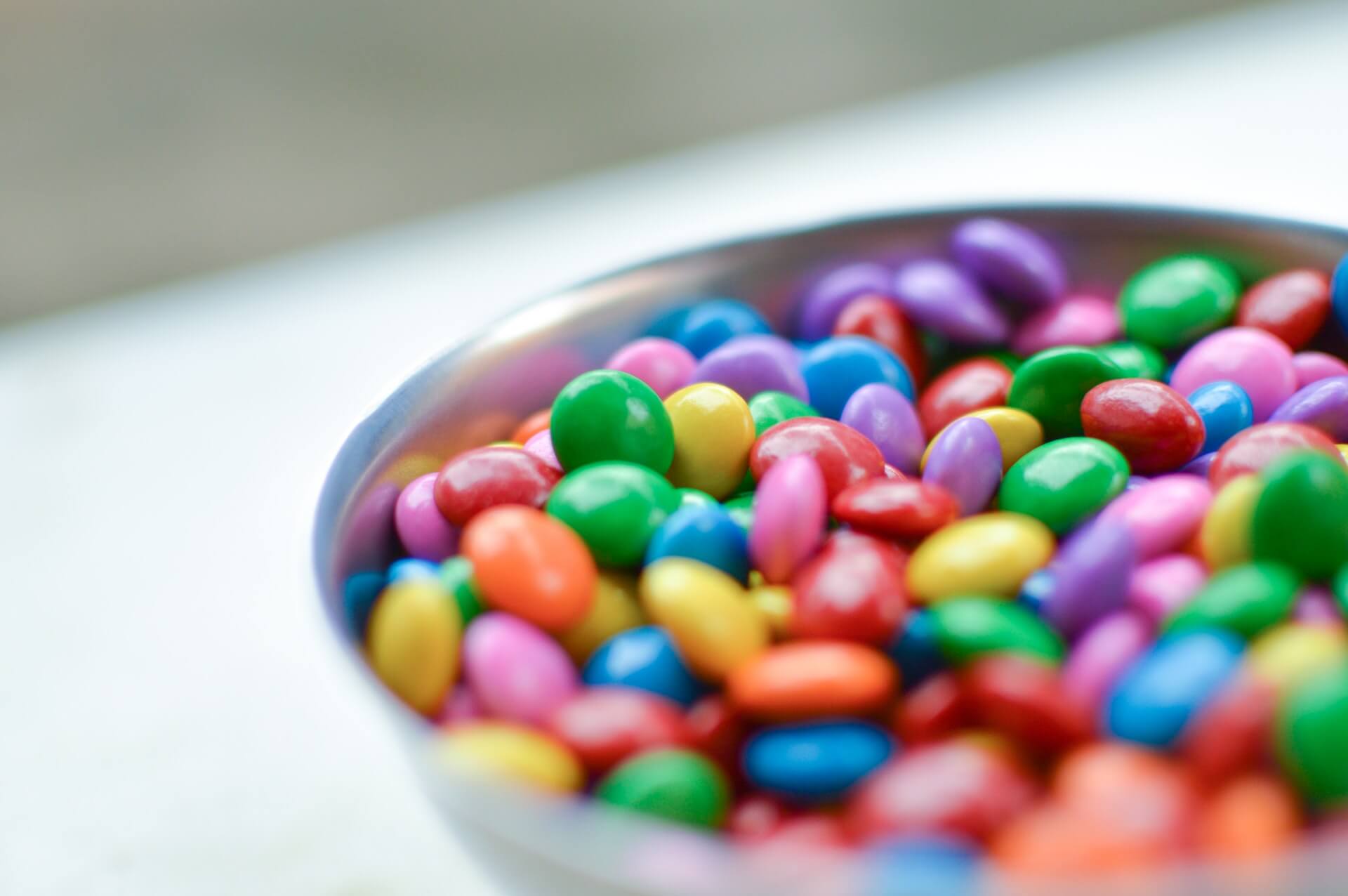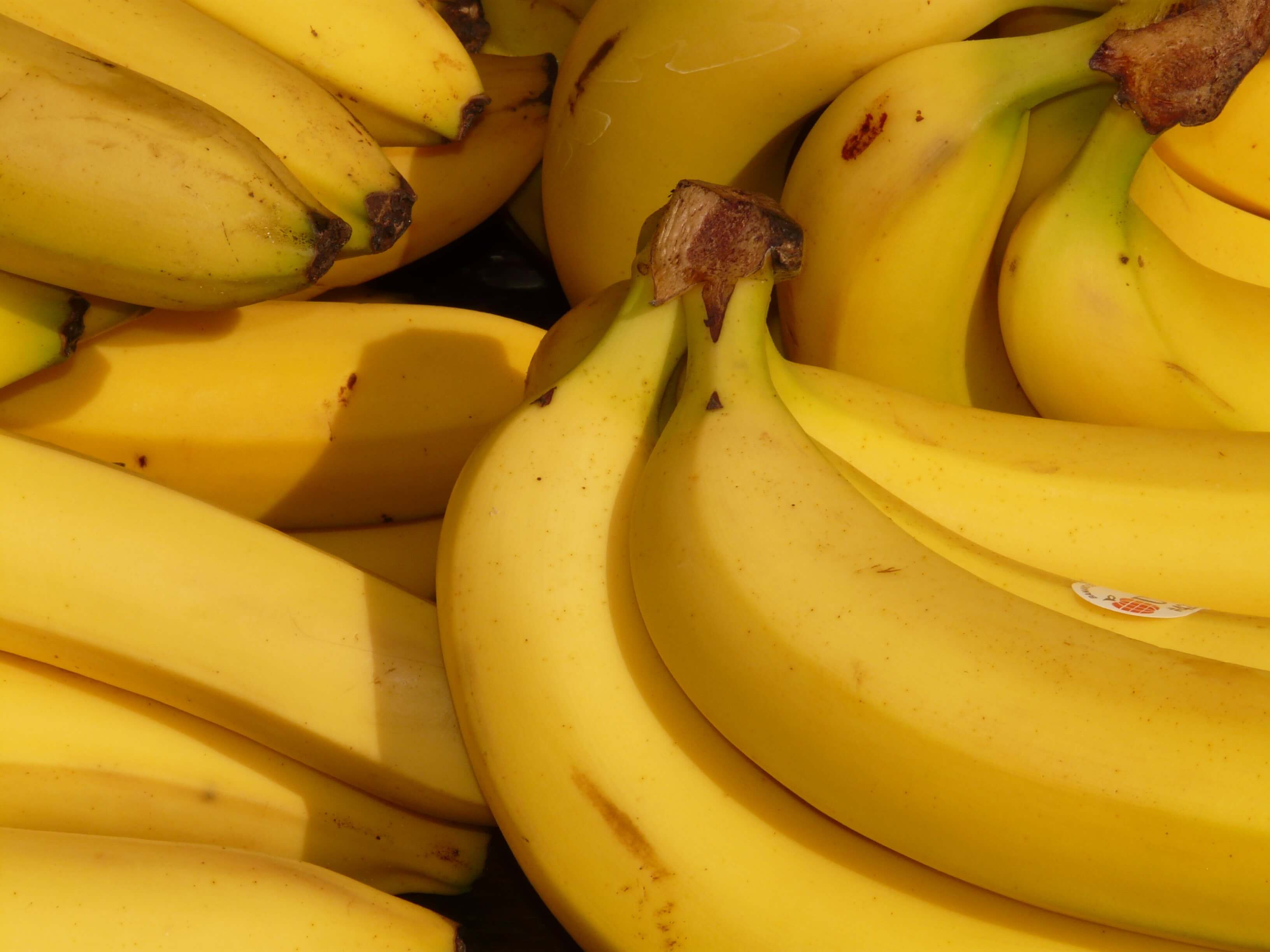A Case For (and Against) Junk Food at Ultramarathons

Every runner’s body is different, and everybody responds differently to certain fueling strategies during training and racing. Most elites, for example, tend to be very structured and rigid when it comes to their diet. They eat (at least) three extremely well-balanced meals, getting in healthy snacks throughout the day, and stay hydrated through lots and lots of water and sugar-free sports drinks.
Then there are runners (arguably, the vast majority of us) who are not professional athletes. They do not get paid to train, are not sponsored by a company and are on a tight grocery budget. These everyday runners still train hard and eat relatively healthy. Many of these runners also fuel themselves primarily on junk food during the race. These are the same runners you see out running over a hundred miles a week and competing in ultramarathons and intense trail races. While we know that nutrition is a huge part running, how could it be that these guys eat candy and junk food during a race and are cranking out times faster than anyone else? And should you try it out too?

The Case For Junk Food
We all are smart enough to know we should not be giving little children cookies, candy, and copious amounts of sugar before bed. Why? Because it gets them all “wound up,” fills them with energy, and then the next thing we know they are bouncing off the walls, jumping on beds, and swinging from the ceiling fans. In short, they have consumed way too much quick digesting carbohydrates in the form of simple sugar, and they have ready access to a boost of energy. Well, the same approach is used by ultra and trail runners.
The conditions that play into navigating such a race can be extreme. And the courses themselves are often extremely intense, full of ups and downs, twists and turns, and a lot of rough terrain to cover. Ultramarathon runners and trail runners will thus burn more calories as they cover their race routes and subsequently need more easily digestible and readily usable carb sources.

One look online or at a specialty running or health food store and it becomes very clear that snacks and fuel specifically manufactured and labeled as “running fuel” (think Honey Stinger Waffles and other products, GU gels and blocks) can be pricey. Junk food, on the other hand, is popular not just because it tastes delicious, but because it is pretty cheap (especially when you hit up the post-holiday sales if your preferred candy fuel is Christmas tree or Easter egg Reese’s cups). And you do not have to venture far and wide to find most junk foods either. Most are conveniently sold at the grocery store you already shop at, and can even be quickly picked up at any old convenience store or gas station, should you forget to buy it ahead of time and need to stock up while your en route to the race start the morning of.
The Case Against Junk Food
So now that we have you all excited about fueling your next marathon with Swedish Fish and donuts, we need to address the cons. First off is the calorie intake. You absolutely need an increased caloric intake to fuel long distances. But these snack foods are extremely calorie dense, and while long-distance runners are known for their intense hunger, what your mom said as a kid is still true– too many sweets and carbs will leave you feeling lethargic, bloated, and just blah.

Yes, you are more likely to have energy surges, but the crashing comes on harder as your blood sugar spikes and falls rather quickly on quick-digesting carbs. The last thing you want during an ultramarathon is to feel any worse than you are already going to. (Not to instill fear in you, but let’s be real here – it does not matter how good you are, 50 miles is going to hurt in some form or fashion.) You certainly don’t want to set yourself up for possible tummy troubles because, again, for many runners, those tend to already happen on extra long distance runs.
The Verdict?
We suggest putting your training runs to good use and, in the weeks leading up to the race, experiment with both junk foods and non-junk foods as fuel. Compare them and gauge how your body reacts and what seems to make you feel the best, run the best, and works the best with your budget, family, and lifestyle. You might find that you perform fantastic sticking with the traditional route of nut butters, bagels, bananas, gels, shots, and blocks, or you might find that you excel when your tummy is filled with Little Debbie snacks.
Sources
- , 8 Weird Foods Pro Runners Aren’t Afraid to Eat, Runners World Article
Latest Articles
 Is Running on a Treadmill Easier Than Running Outside?Runners have their own preferences, whether it is treadmill running, running outside on the road, or exploring trails. So...
Is Running on a Treadmill Easier Than Running Outside?Runners have their own preferences, whether it is treadmill running, running outside on the road, or exploring trails. So... Is It OK to Use Trail Running Shoes on the Road?While trail running shoes can be used on roads, especially in situations where a runner encounters mixed terrains or pref...
Is It OK to Use Trail Running Shoes on the Road?While trail running shoes can be used on roads, especially in situations where a runner encounters mixed terrains or pref... How to Fix Sore Quads After Running?Rest, ice, gentle stretching, and over-the-counter pain relievers can help soothe sore quads after running. Also, ensure ...
How to Fix Sore Quads After Running?Rest, ice, gentle stretching, and over-the-counter pain relievers can help soothe sore quads after running. Also, ensure ... 10 Fruits With The Most Electrolytes to Replace Sports DrinksThese fruits are high in electrolytes such as potassium, magnesium, and calcium, essential for hydration, muscle function...
10 Fruits With The Most Electrolytes to Replace Sports DrinksThese fruits are high in electrolytes such as potassium, magnesium, and calcium, essential for hydration, muscle function...

